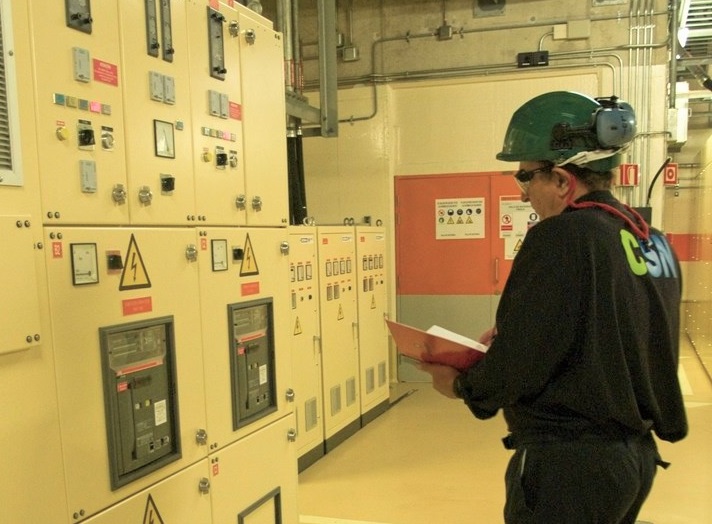Contenido principal
2020
The Committee on Nuclear Regulatory Activities of the Nuclear Energy Agency addresses its future strategy

The 43rd meeting of the Committee on Nuclear Regulatory Activities (CNRA) of the Nuclear Energy Agency (NEA), international agency belonging to the Organisation for Economic Co-operation and Development (OECD) was held via videoconference during the 2nd and 3rd of June. Commissioner Pilar Lucio and the technical director of Nuclear Safety, Rafael Cid, among other members of the Spanish regulator, have participated at the meeting, as representatives of the Spanish Safety Nuclear Council (CSN). The participation at this meeting is considered relevant, by providing the CSN with the most valid references to maintain updated regulations and harmonized practices within our field of work.
NEA Director-General, William Magwood, reported during the opening of the meeting on the challenge posed to the international agency by the recent health crisis derived from COVID-19 pandemic, and introduced measures taken by the NEA to support the exchange of information and sharing the practices adopted by the different regulatory bodies in order to overcome this situation and maintain security levels during the pandemic. Likewise, Mr Magwood informed the members of the Committee about several organizational changes in the agency and the forecasts for the future, without ruling out the possibility of maintaining the non-face-to-face meeting format until 2021, depending on the evolution of the pandemic.
International coordination under the pandemic
The CNRA meeting, chaired by the General Director of the Finnish regulator, Petteri Tiippana, addressed the international coordination initiatives -in the current context of the pandemic-, of the activities of international regulators and organizations (ENSREG, JRC, INRA, WENRA, IRS, etc.) and those developed by the NEA's own groups (WGHOF, WGIP) and the secretariat. Among the issues especially affected by the health crisis and the restrictions that accompany its management are inspection practices, emergency preparedness and response, scheduling of refueling outages, equipment provisioning and the supply chain, inspections and tests linked to international codes and standards, the availability of human and economic resources, both in the facilities and in the regulator, etc. The CNRA will assess the interest in addressing any of these issues within the scope of the Committee.
CNRA's future strategy
Likewise, the strategic discussion on the priorities, future challenges and governance of the CNRA has been of special interest, and it included references to the approaches and requests of the NEA Steering Committee to all the Standing Technical Committees regarding the prioritization of its activities facing the 2021-2022 budget. Accordingly, CNRA members had had the opportunity to contribute to the elaboration of specific priorities for the Committee's work through the information provided in the questionnaires sent by 16 Committee members, so that priorities can be established as well as the basis for the future operation of the organization itself and the regulators who, like the CSN, seek adherence to the best standards.
CNRA activities
Lastly, the committee reviewed the status and proposals for activities of the various working groups dependent on the CNRA, many of which have adapted their work dynamics to the non-face-to-face scheme without hardly affecting their planning, reason for which all their responsibles were congratulated. The representatives of these groups had the opportunity to present their progress to the main committee and to submit new activities and reports for approval. In this sense, the CNRA thanked Julio Crespo (until now CSN representative and chairman of the working group on Inspection Practices (WGIP) who has recently left this activity) for his involvement and work at the head of it. The CSN considers important to maintain active participation in all the groups of which it makes part, and directly promotes activities related to the safety culture (both in the regulatory bodies and in the facilities whose safety they are in charge of supervising) and the communication of risks to the public (this activity will lead to a training activity of great importance in the upcoming years and will be co-led by the CSN in the group dedicated to public communication). In addition to the topics mentioned above, the CSN also participates in groups and activities dedicated to digital instrumentation and control, operational experience, codes and standards, and boiling water reactors.
The CNRA is an international committee composed of representatives of the regulatory bodies of OECD member countries. It was created in 1989 to guide the NEA program concerning the regulation, licensing and inspection of nuclear installations with regard to safety.
* Check here the glossary of technical terms *
